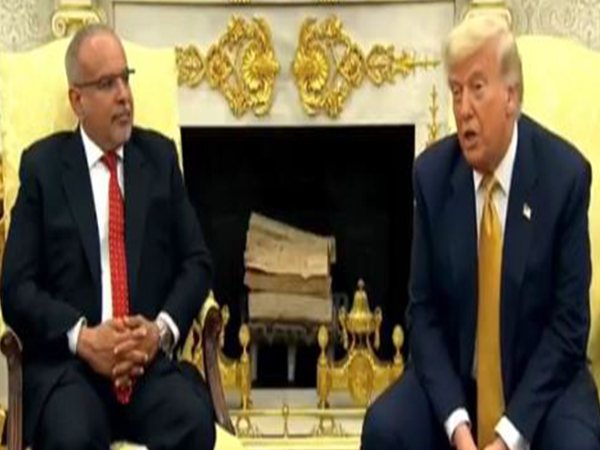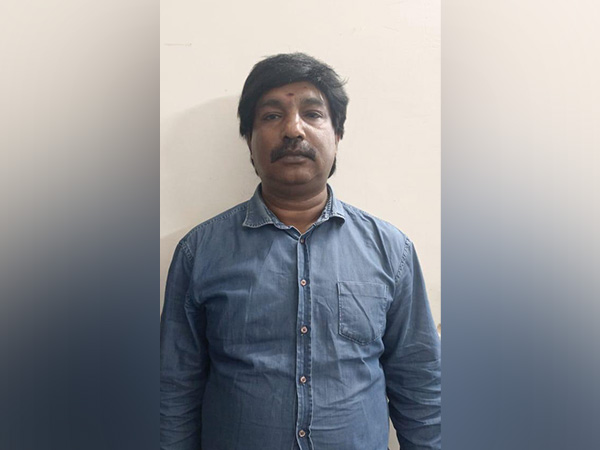Time to boycott China by divesting companies complicit in Uyghur genocide, say experts
Jan 24, 2022

Washington [US], January 24 : An estimated one million Uyghurs are in concentration camps, treated as little more than chattel, and enslaved. Both men and women endure systematic physical and sexual abuse, including rape and torture. Young men remain absent from the streets of Urumqi, and women are sterilized and forced to marry men from the dominant Han Chinese ethnic group.
Rory O'Connor, the founder of the Athenai Institute and Jianli Yang, founder and president of Citizen Power Initiatives for China, writing in Newsweek said that it's time to boycott China by divesting companies complicit in Uyghur genocide.
As per them, the answer to China's human rights abuses now lies in divestment: a bottom-up, grassroots movement of the politically conscious.
Beginning with students, young people, and everyday citizens, we are calling for the divestment of university endowments from companies that are complicit in the Uyghur genocide, said Connor and Jianli.
And with the help of public officials, we seek direct divestment of public pension funds from any companies complicit in the oppression of Uyghurs or the Chinese Communist Party's human rights abuses, added the experts.
The objective is to financially disentangle the United States from its complicity in the Uyghur genocide and hold to account those who are responsible.
The momentum to boycott China is growing -- the Catholic University of America recently committed to divest its USD 276 million endowments in response to overwhelming student demands, and the call for divestment has been echoed at universities across the country by students calling for similar action.
The theoretical and moral basis of the Uyghur Genocide Divestment Movement has, in practice, been laid for quite some time.
In May of 2020, students from both College Democrats of America and the College Republicans National Convention came together to release the Washington Appeal, a joint letter outlining the threat posed by the Chinese Communist Party to academic freedom and liberal, democratic institutions.
The letter sought to address "a long-term campaign undeniably aimed at expanding the reach and power of the Chinese state's apparatus of oppression," and outlined "the scope of this threat, the need to counter it, and the precise actions demanded by our circumstances.
Signatories also included prominent Chinese dissidents such as Teng Biao and organizations such as the World Uyghur Congress, Campaign for Uyghurs, the Uyghur American Association, and Engage Action, reported Newsweek.
The Washington Appeal paved the way for divestment by demanding, among other things, "the full and public disclosure of all ties, both financial and academic, between centers of higher learning and all Chinese state agencies and proxies."
Public officials ought to seek to support the grassroots, bipartisan efforts by students, and use them as the pretext to take further action at the local, state, and federal level, said the experts.
In August 2020, then-Under Secretary of State Keith Krach commended the Washington Appeal, and used the same spirit to call upon university administrators to divest their financial holdings from China in his ground-breaking Letter to the Governing Boards of American Universities.
Nonetheless, divestment alone is not enough, and our solidarity with the Uyghur people must be active. Not a noun, but a verb -- continued action rather than a single and circumscribed act. We need a broad set of related actions to overwhelm the regime and those that enable them, added the experts.
It's critical that divestment be complemented with a broad and ferocious set of similar actions, including sanctioning more officials in the regime responsible for the genocide and increasing transparency around NGO, think tank, and academic funding.



















